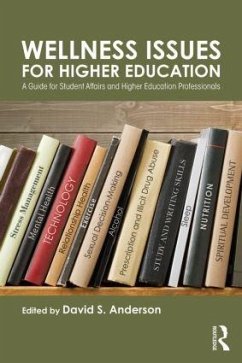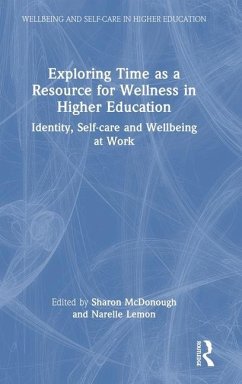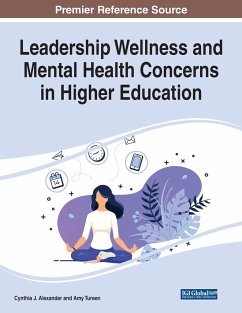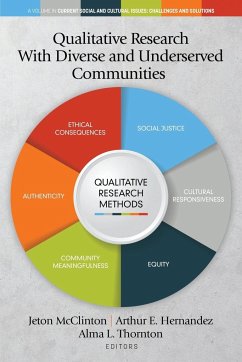
Promoting Health and Wellness in Underserved Communities
Multidisciplinary Perspectives Through Service Learning
Herausgeber: Pelham, Anabel; Sills, Elizabeth
Versandkostenfrei!
Versandfertig in 1-2 Wochen
171,99 €
inkl. MwSt.
Weitere Ausgaben:

PAYBACK Punkte
86 °P sammeln!
Starting from the premise that our health status, vulnerability to accidents and disease, and life spans as individuals and communities are determined by the organization, delivery, and financing (or lack thereof) of health care, this book explores how educators and community caretakers teach the complex web of inter-connection between the micro level of individual health and well-being and the macro level of larger social structures.














